2024 Speakers
See the 2023 speakers here.
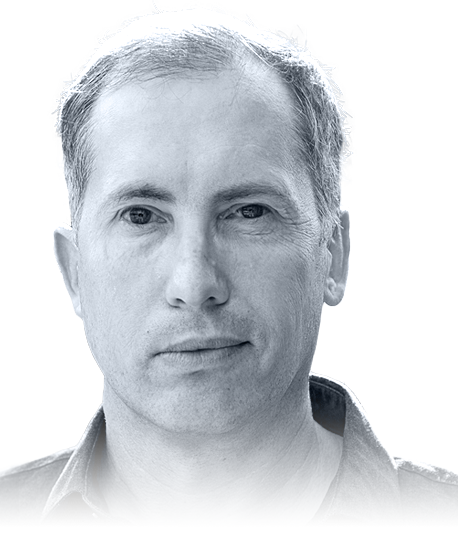
Darryl Adams
Darryl recently retired from Intel, where he was the Director of Accessibility. In his role at Intel, he managed a portfolio of accessibility initiatives and programs that enhanced Intel’s disability inclusion efforts and made computing and access to digital information more accessible for everyone.
Darryl is the Chair of the Consumer Technology Association’s Accessibility & Age Tech Working Group, whose mission is to foster innovation, collaboration, and inclusivity to bridge the gap between technological advancement and the unique needs of older adults and individuals with disabilities.
Darryl’s interests include immersive computing, conversational AI, multimodal computing interaction, and machine learning approaches for creating personalized user experiences that are generated in real-time.
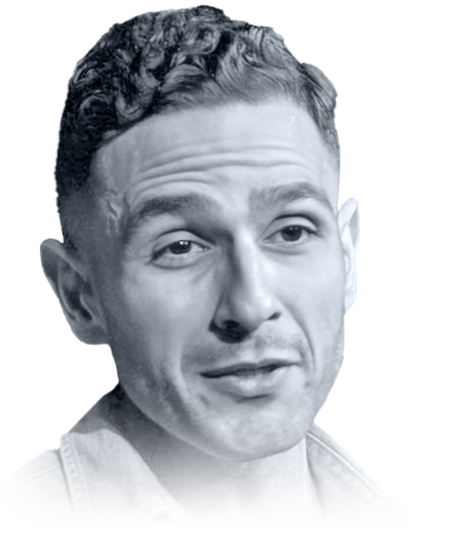
Dr. Mason Ameri
Dr. Mason Ameri specializes in disability employment. His research centers on developing evidence-based strategies to enhance the inclusion of people with disabilities in organizations and society. Mason’s research, backed by $11.7 million in grant funding, has been published in various high-impact journals and is regularly cited in popular media, including recognition in The New York Times’ “Best Live Conversations on Times Journalism.” He has delivered talks at TEDx, Accenture, Deutsche Bank, the World Bank Group, the United States Election Assistance Commission, and other influential platforms, contributing to the dialogue on promoting disability inclusion.
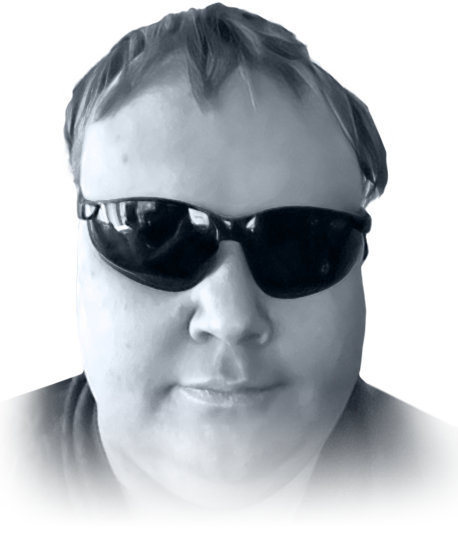
Jesse Anderson
Jesse Anderson works as an assistive technology specialist for the state of Minnesota, working with high school and college age blind and visually impaired students to help them be a successful in education and employment. Outside of his day job, Jesse also works as a technology, games, and XR Accessibility advocate and consultant and works with app and game developers to help make their products more accessible. Jesse has been legally blind all his life, and Loves working to make technology more accessible. You can find him on YouTube, twitch, and Twitter/X by searching for IllegallySighted, or at www.illegallysighted.com.
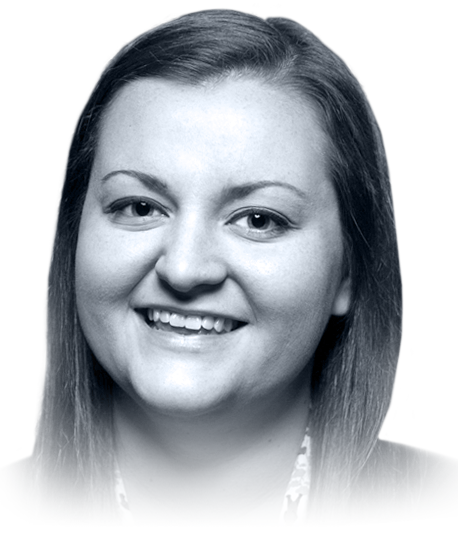
Hannah Arner
Since joining The Coca-Cola Company in 2021, Hannah has led the development of digital experiences across multiple beverage categories, including Hydration and Sparkling products, and Coca-Cola’s loyalty program; serving as a champion for accessibility and inclusion at every turn. Over the last decade, Hannah has accrued diverse experience in CPG, pharmaceutical, healthcare, transportation, and financial sectors with various advertising agencies designing best-in-class experiences and solutions.
Hannah resides in Atlanta, Georgia, with an undergraduate degree in Marketing and Graphic Design from the University of North Georgia. She excels at the intersection of creativity and data-driven insights and spends her free time predicting the next interior design trend.
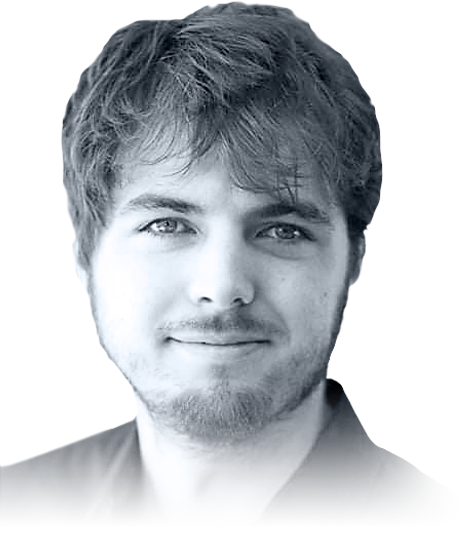
Brandon Biggs
Brandon Biggs is an entrepreneur, researcher, inclusive designer, developer, and life-long learner. He is an engineer at the Smith-Kettlewell Eye Research Institute, PhD Student at the Georgia Institute of Technology, CFO at Sonja Biggs Educational Services, and the CEO of XR Navigation. He is almost completely blind from Lebers Congenital Amaurosis (LCA). His primary work centers around building tools to may geographic information and virtual reality non-visual. He leverages his lived experience coupled with human centered inclusive design principles to create solutions that create lasting and sustainable impact. To achieve this goal, Brandon is half entrepreneur and half academic. To experience his work, visit audiom.net or brandonkeithbiggs.com.

Luke Buckberrough
Luke Buckberrough brings a passion and energy for start-ups and scaling visions. With a mindset wired for high-growth, fast-paced environments, he loves propelling companies towards their “tomorrow” ambitions. With years of experience developing growth strategies and partnerships in various industries, most notably at one of Canada’s fastest-growing start-ups, NEO Financial, and as Chief Growth Officer at The Rubic, Luke is building a community-led, partnership-driven path for Glidance. His genuine love for fostering connections and establishing robust industry partnerships bridges companies with the right people and opportunities.
At the heart of it all, Luke’s commitment to growth isn’t just about numbers; it’s about building lasting relationships and real-world impact.
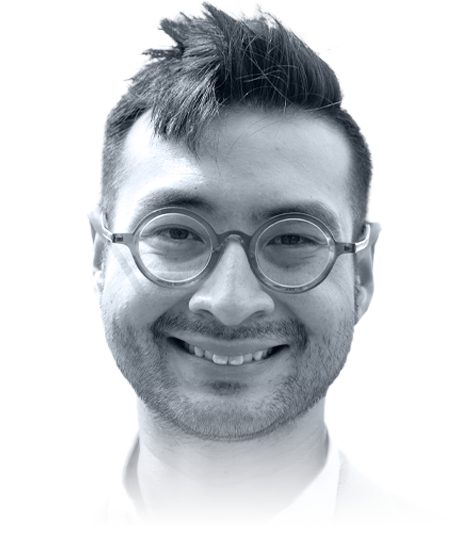
Patrick Burton
Patrick Burton is a creative technologist, CEO, and cofounder of Benvision, where he leads the company in developing breakthrough solutions like BEN, an award-winning navigation app using music, spatial audio, and augmented reality to enhance mobility for visually impaired people; and Speakaboo, the minimalist AI assistant app. He is also the co-creator of ViddyScribe, an AI-powered platform that democratizes video content through audio descriptions for blind users. Drawing on his experience volunteering at sight loss seminars and retreats for the blind at the Hull Foundation and Learning Center for the Blind, Patrick’s passion for universal design drives his mission to transform accessibility for underserved communities.
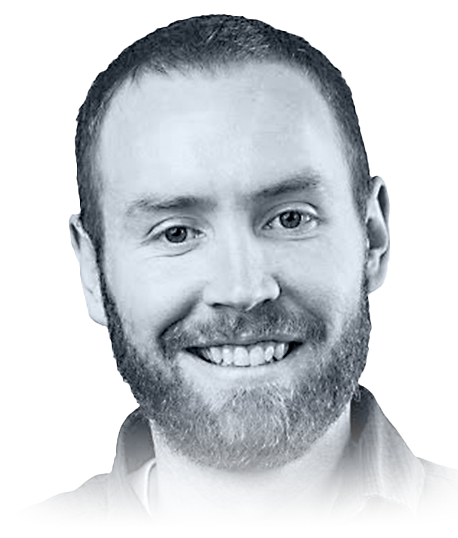
Kyle Buzzard
Kyle Buzzard brings a wealth of experience in design, engineering, manufacturing and startups to the Glidance team. With a background in Industrial Design and a passion for bringing new ideas to market, Kyle has played pivotal roles in several successful start-ups as both an operator and investor. His expertise lies in creating user-centric designs that combine functionality with aesthetic appeal. Previously, Kyle served as a Co-Founder responsible for design and hardware at Bird Buddy and Stix Golf, where he led the development and production of ground-breaking products that redefined user engagement and satisfaction, shipping hundreds of thousands of products world-wide.
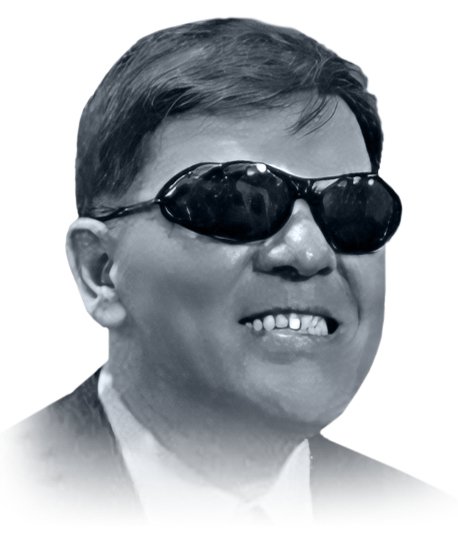
Gustavo Carvajal
Gustavo Carvajal runs #IDEAcatalyst – a creative marketing asset in cross-functional executive teams; bringing a fresh perspective to organizations and initiatives that are ready to take the right steps into leadership. During his USA and LatAm marketing career, the Gustavo has helped orchestrate and facilitate campaigns, consumer and media tie-ins, as well as community programs for a wide array of brands and categories. He brings qualitative advertising agency know-how that has propelled his performance linked to the T.I.M. (Trends, Innovation, Multiculturalism) Coolhunting Platform. Gustavo was part of the international marketing teams for Sony Pictures Entertainment (SPE) and Disney. Gustavo is the International Cultural Ambassador for Patronato Ruta de la Amistad (Mexico68.org) – 2012 World Monuments Watch, and Board Member of theBROOKLYNfashionIncubator at the Berkeley College. Gustavo holds degrees in Hotel & Tourism Business Management and Marketing.
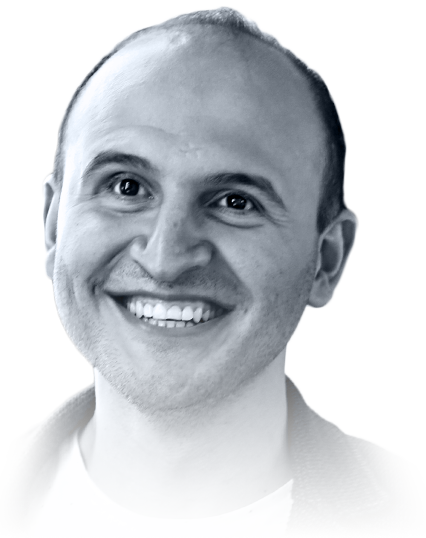
Kürşat Ceylan
Kürşat Ceylan was born in 1986. He was born blind. Kürşat studied psychological counseling at Boğaziçi University. During his university years, he was selected to attend the YGA Leadership Program as one of 50 participants out of 50,000 applicants. He volunteered on projects for the socioeconomic development of the visually impaired. After his graduation, he started to work at Roche, Istanbul. During this time, he was producing and hosting a Turkish award-winning radio show called, “Exploration of Senses that are Suppressed by Sight”, which aired every week on NTV Radio. In 2015, he resigned from Roche and started working at YGA as project leader, spearheading projects for the visually impaired. Kürşat won various global awards for his work in the field of visual impairment, dealing with indoor navigation, audio description in movie theatres, and the WeWALK Smart Cane.Currently, Kursat Ceylan is the co-founder of WeWALK Technology INC, which strives to solve problems for people who are visually impaired through innovation.
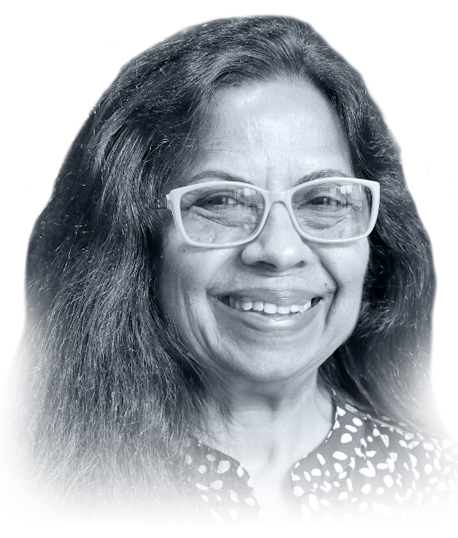
Dr. Sambhavi Chandrashekar
Dr. Sambhavi Chandrashekar is a recognized accessibility champion and an award-winning inclusive design educator/researcher with nearly twenty years of strategic and operational experience in implementing inclusive design projects successfully in the non-profit, academia, and industry sectors in Canada. Sam is currently the Global Accessibility Lead at D2L Corporation, an education technology company head-quartered in Ontario, Canada. Her passion is to promote disability inclusion in education, work and life.
Sam worked with the Inclusive Design Research Centre in Toronto for over a decade and taught in the Master of Design program in Inclusive Design at OCAD University and at the iSchool, University of Toronto. Sam holds adjunct professor or doctoral committee member positions at three Canadian Universities and supervises student research in master’s and PhD programs in Inclusive Design.
Sam actively influences policy and legislation as Vice Chair of Global Leadership Council of the International Association of Accessibility Professionals, Vice-Chairperson of Accessibility Standards Canada’s Committees on Accessible & Equitable Artificial Intelligence and Accessible ICT Products & Services, Advisory Council Member of the Canadian Accessibility Network and member of 1EdTech’s GenAI Data Rubric Taskforce and TrustEd Apps Accessibility Taskforce.
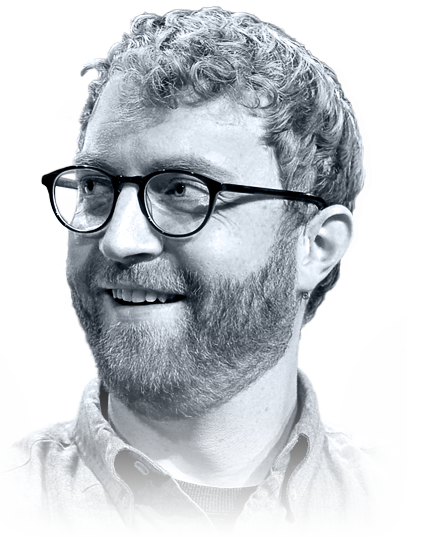
Devin Coldewey
Devin Coldewey is a Seattle-based writer and photographer. He first wrote for TechCrunch in 2007. He has also written for MSNBC.com, NBC News, DPReview, The Economist/GE’s Look Ahead, and others.
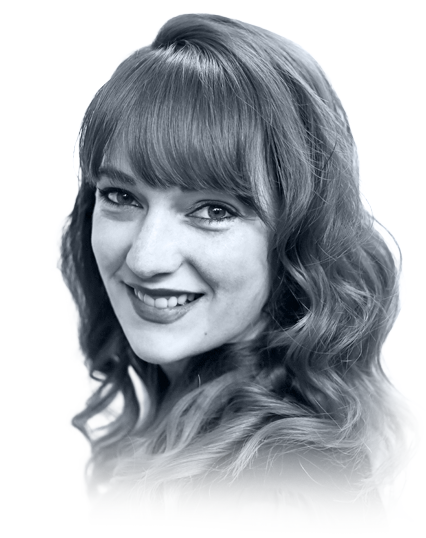
Caroline Desrosiers
Caroline Desrosiers is the Founder & CEO of Scribely, a company on a mission to make images and videos more accessible to blind and visually-impaired people and more discoverable to search engines. Scribely’s team of expert writers specialize in writing alt text for images and audio description for videos, helping digital media providers create born-accessible visual content for a more inclusive, equitable, and sustainable world. Caroline is a member of the W3C Alt Text Subgroup, working to develop standards and best practices for accessible descriptions, as well as a co-host of Say My Meme, a Be My Eyes podcast that describes the internet’s best memes for those who cannot see them.
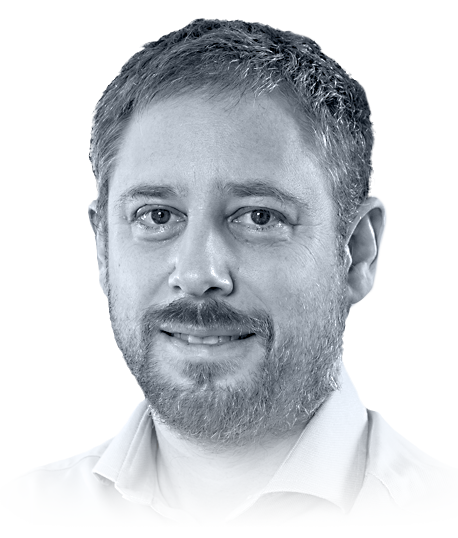
Nathan Deutsch
Dr. Nathan Deutsch is COO at Lighthouse Tech. Driven by a passion for technology and people-centered design, he brings broad interdisciplinary experience to help create assistive wearable devices for people living with blindness and vision impairments.
Nathan has previously worked with leading organizations and universities in North and Central America, Africa, and Europe to support landscape-level analysis on the contribution of biodiversity to human health and livelihoods. He is interested in how people learn, interact with their environment, and design innovative solutions to the problems they perceive. A relative newcomer to the vision impairment space, he’s deeply committed to advancing solutions that enhance peoples’ capabilities for independence.
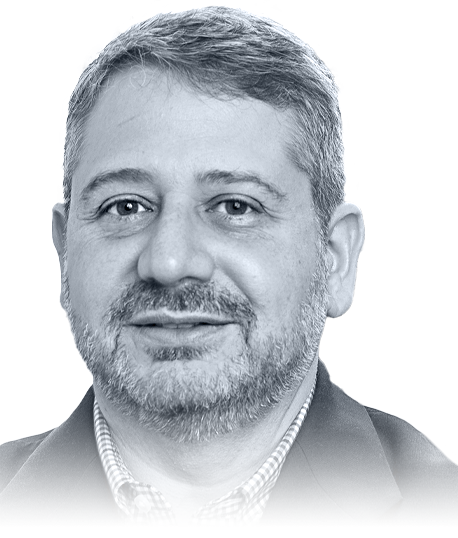
Joe Devon
Joe Devon, is a technology entrepreneur and web accessibility advocate. He co-founded Global Accessibility Awareness Day (GAAD) and serves as the Chair of the GAAD Foundation, focusing on promoting digital accessibility and inclusive design. Joe also explores AI’s potential to revolutionize digital accessibility, developing AI solutions to enhance online experiences for people with disabilities.
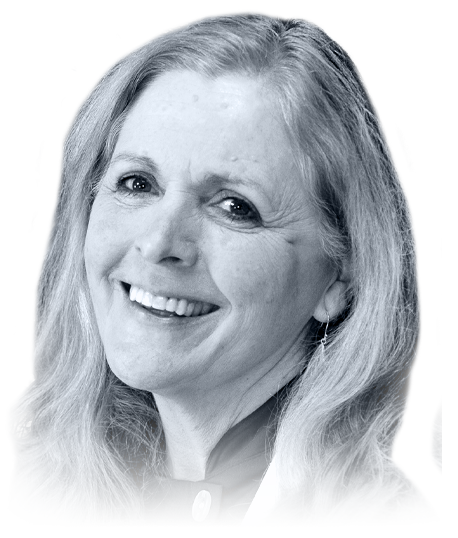
Debra Erickson
Debra Erickson is the Executive Chef and Founder of The Blind Kitchen. Debra is blind (retinitus pigmentosa) with very little vision in one eye only. She resides in Portland, Oregon and now devotes her time and energy to the activities of The Blind Kitchen where she showcases adaptive culinary tools, strategies and techniques for cooking safely and independently in spite of vision loss.

Maël Fabien
I co-founded biped robotics, a smart vest that uses cameras and AI to help humans avoid collisions. Our first product helps blind and visually impaired people walk independently.
I tried a bunch of stuff in the last few years: Started uni at age of 16, studied economics, launched my first startup at the age of 19, got my Masters in applied statistics, didn’t like the job, moved to Paris, did a 2nd masters in data science at an engineering school, worked for a YC company, traveled the world, became a freelance data scientist, worked in Senegal for a bit, then found a PhD position at EPFL in speech and signal processing, came back to Switzerland, COVID happened, got bored, launched a SaaS, grew to 30k ARR as a side hustle (still running, built the tech too), got the idea for biped by meeting a blind person in the street, wanted to work on something hard, raised a first round, met my co-founder, dropped out of my PhD and now full time on this since the past 2y!
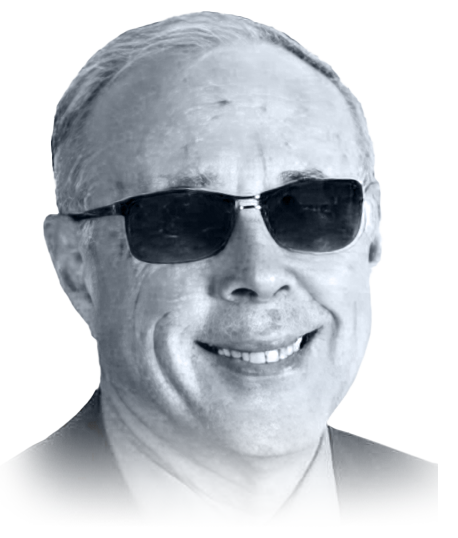
John Gardner
John Gardner received a PhD in physics from the University of Illinois. He has been a faculty member at the University of Pennsylvania and Oregon State University. He has also held visiting positions at the Technical University of Munich, University of Warwick, Imperial College, Max Planck Institute for Solid State Research, University of Stuttgart, and the University of Konstanz. Oregon State was his home for 30 years as an active faculty member and where he has been Professor Emeritus since 2003. He is known as an expert on point defects in solids and several fields of experimental solid state physics. He lost his sight unexpectedly in 1988 and became interested in accessibility of complex information, including math and graphics. In 1996 he founded ViewPlus Technologies, which has grown into a multi-million dollar company producing information-access hardware and software. ViewPlus is the leading manufacturer of tactile graphics and braille embossers in the world. He has received numerous awards and has given invited presentations on both physics and information accessibility at universities and conferences on five continents. Conferences include ATIA, CSUN, ICCHP, and ASSETS.
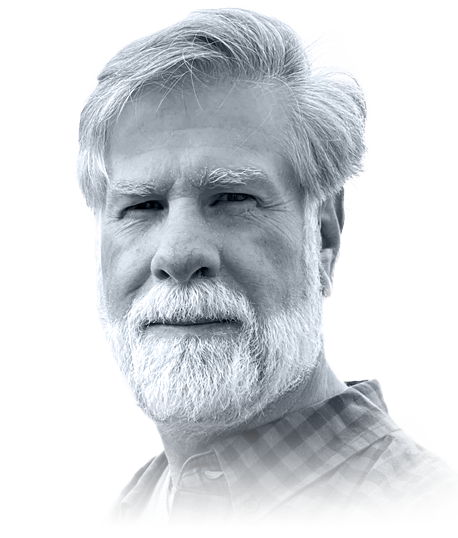
Larry Goldberg
Most recently Larry was Head of Accessibility at Yahoo where he directed a dedicated team of accessibility professionals and coordinates with thousands of designers and developers to ensure that Yahoo’s many products, services and media offerings are as accessible as possible for people with disabilities. Larry previously worked at WGBH Boston, where he founded and directed its National Center for Accessible Media (NCAM) and where he was directly involved in such ground-breaking legislation as the TV Decoder Circuitry Act, The Telecommunications Act of 1996 and the 21st Century Communications and Video.
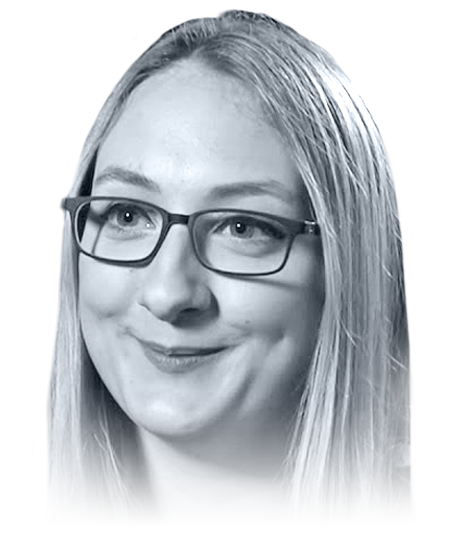
Samantha Gough
Samantha Gough is the captain of the England Women’s Blind Football team. She played Visually Impaired Football for England and last year took bronze in the European Para Youth Games as the only Scot representing her country at goalball, which she was introduced to at a Scottish Disability Sport Parasport Festival. She has recently been selected for the British Rowing Performance pathway. Samantha competes in several sports such as goalball, swimming, and horse riding. She won a gold medal in the British Rowing Indoor Championships held in Birmingham in December 2023. She won Bronze in the European Para Youth Games as the only Scot representing her country at goalball. Now, she mainly focuses on football and rowing.
She is an ambassador for visually impaired and blind young people, spending her time visiting schools and educational settings. She works at raising awareness for adaptive sports within mainstream settings, making sure that young people with disabilities have the same opportunities in sport as their peers. She felt that she was excluded from PE within school so wants to ensure other young people have better experiences.
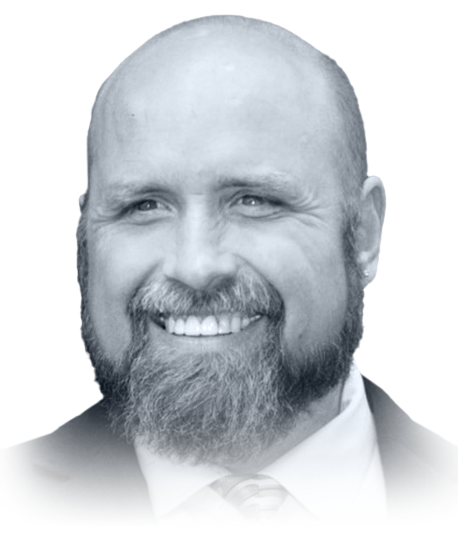
Jeremy Grandstaff
Jeremy Grandstaff is a seasoned executive with over 20 years of experience in stakeholder engagement, organizational strategy, collaborative learning, and business development. With a focus on inclusive growth across diverse sectors, he is committed to fostering transformative teaming environments. As a blind, gay advocate, Jeremy brings a unique perspective, driven by purpose, collaboration, and curiosity.
Currently, Jeremy is the VP of Business Development & Partnerships at CurbCutOS, where he helps organizations create accessible digital assets for individuals with both seen and unseen disabilities. In his spare time, he also leads youth advocacy programs for Penny Forward and World Services for the Blind while conducting culture development workshops for the Institute for Culture, Change, and Leadership.
His career spans leadership roles at IBM Global Services, Cogent Analytics, and the Alliance for Biking & Walking. Additionally, as the CEO of S&G Endeavors through 2019, he provided collaborative consulting services to a variety of clients. Jeremy holds a master’s degree in organization development and a BS in Management Information Systems.
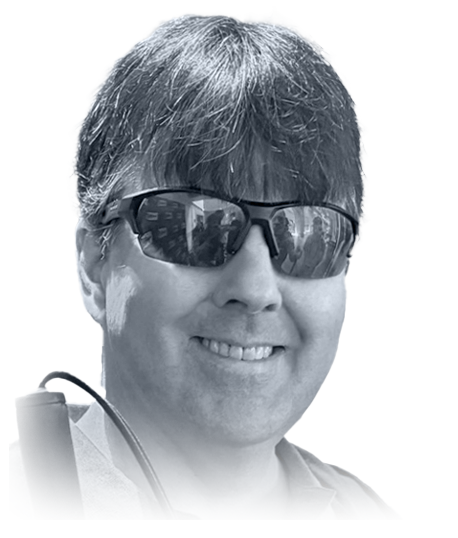
Mike Hess
After 20 years as a tech veteran managing 7-figure projects for Fortune 500 companies, one thing troubled Mike Hess, he was always the token blind guy. Knowing that the invaluable skills he developed because of his blindness were the keys to his success, he couldn’t understand why unemployment amongst the blind and visually impaired (BVI) community was so high. In his pursuit to reshape the prevailing stigmas and misconceptions surrounding Blind and Visually Impaired (BVI) professionals within corporate America, Mike undertook a transformative journey. This endeavor resulted in the establishment of the Blind Institute of Technology, dedicated to challenging stereotypes and fostering inclusivity for disabled individuals. Through advocacy, education, and innovative initiatives, BIT strives to create a more equitable and supportive landscape, ultimately redefining the narrative around the capabilities and potential of disabled professionals in the workforce. Using the same skills that made him a success in IT, Mike has built partnerships and placed disabled professionals in Fortune 500 companies nationwide.
To address the need for marketable tech skills among people with disabilities, Mike also established the BIT Academy. Through a partnership with Salesforce, the Academy offers specialized courses in Salesforce Administration and Digital Accessibility Analysis, empowering individuals with disabilities to compete effectively in the workforce. With a commitment to leveling the playing field, the BIT Academy is dedicated to equipping individuals with disabilities with high-level certifications for success. The BIT Academy is the only approved training provider for people with disabilities by Salesforce.
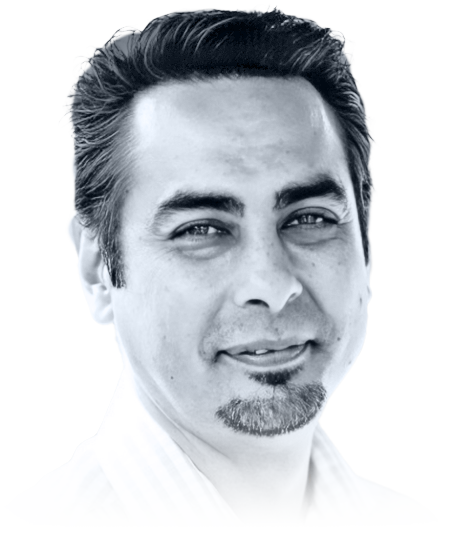
Joshua Hori
Joshua Hori is a seasoned Accessible Technology Analyst at UC Davis, working under Academic Technology Services (ATS), which is part of Information Education Technology (IET). His career in accessibility began in 2006 with a focus on alternative media conversions for textbooks and course materials, along with exploring assistive technology solutions for the Student Disability Center (SDC). Since 2021, Joshua has dedicated his efforts to accommodating faculty and staff, ensuring inclusive and accessible digital experiences.
In addition to his accessibility work, Joshua contributes to instructional design, supporting faculty in creating more effective and accessible learning environments. As the Siteimprove admin, he assists web developers across campus in integrating accessibility solutions into Content Management Systems (CMS) and documents, ensuring compliance with accessibility standards.
Joshua also serves as the Chair of the Disability Issues Administrative Awareness Committee (DIAAC), advocating for disability awareness and administrative engagement. He plays a key role in the Electronic Accessibility Committee (EAC) for the University of California system, and as a Pro Member at Large of the Assistive Technology Higher Education Network (ATHEN), he continues to support advocacy, outreach, and education in assistive technologies.
With nearly two decades of experience, Joshua is a dedicated advocate for accessibility, helping to create inclusive, accessible digital spaces at UC Davis and beyond.
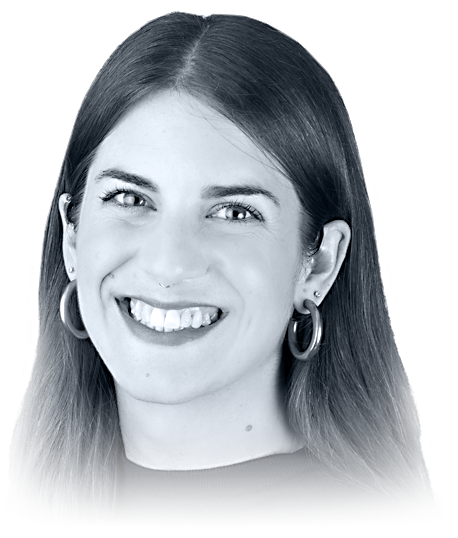
Jacqueline Hull
Jacqueline Hull is an accomplished UX leader with a passion for creating inclusive products and services. With over a decade of experience, she specializes in qualitative research and design methods across verticals. She currently leads a team of UX researchers and designers at Ipsos, focused on financial services, government, and accessibility. She is committed to empowering people of all abilities through inclusive design.
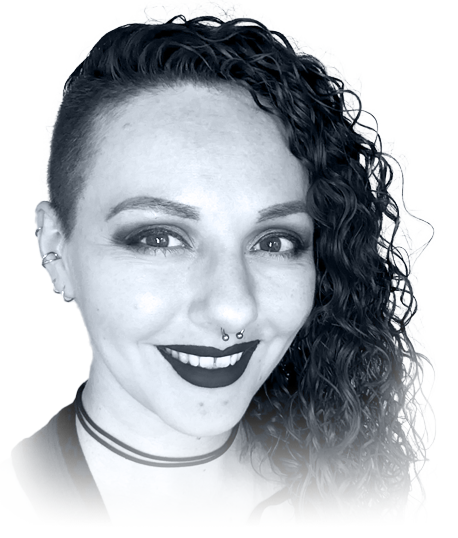
Jenna “Jennissary”
Jenna is the industry’s leading expert on in-game Audio Description. She has spoken at JAMTL, GAConf, and has guest lectured at UCL. Jenna has produced AD for major titles, events, trailers, and showcases, but knows that there is always more that can be described to better serve the growing community of blind and low-vision gamers.
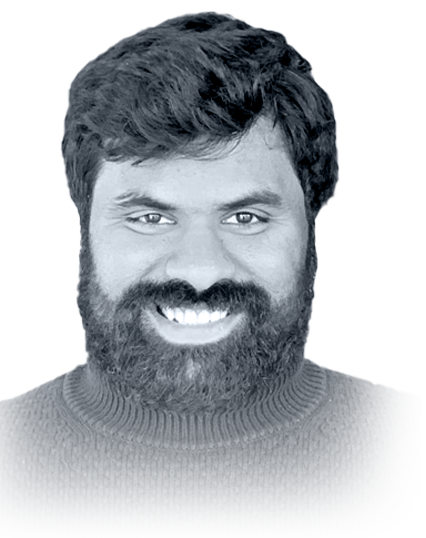
Karthik Kannan
Karthik Kannan is the co-founder and CTO of Envision. He leads engineering to turn the latest breakthroughs in the field of computer vision into meaningful applications for visually impaired people. His focus currently is on how to use AI to capture as rich information from images as possible, with limited strain on processors. This stems from Envision’s aim to build a range of computer vision applications on low-powered devices, smartglasses and wearable cameras.
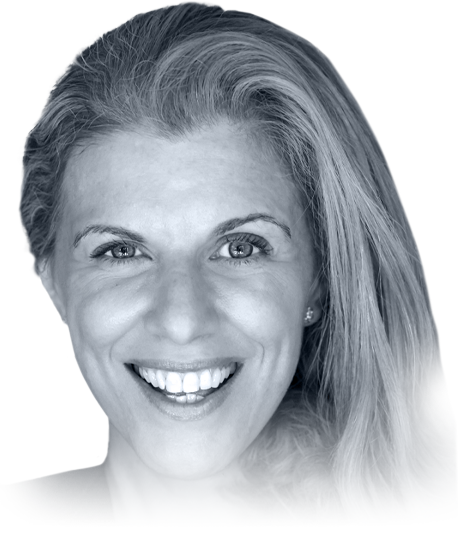
Regina Kline
Regina “Gina” Kline is the Founder and Managing Partner of Enable Ventures, the first impact venture fund dedicated to closing the disability wealth gap by investing in early-stage companies working at the nexus of technology and disability. Enable is a leader and pathfinder in a highly innovative sector whose potential has been largely untapped by venture investors.
Investor, entrepreneur, civil rights lawyer, and thought leader, Gina has dedicated 15 years of her career to building the future of work by advancing the rights and interests of people with disabilities as innovators, entrepreneurs, workers, and consumers. Prior to founding Enable in 2022, Gina spent more than two years developing a pipeline of investible opportunities at the nexus of tech and disability. Gina previously served in the Obama Administration and litigated landmark ADA cases and is nationally recognized for her legal and policy work in advancing the rights of people with disabilities. Gina is also the founder of SmartJob, an impact consultant and early-stage scout for the disability tech sector.
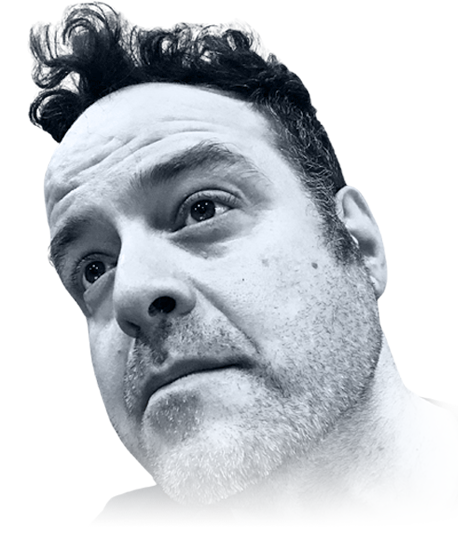
Matthew Krieger
Matthew Krieger is a technologist and executive with experience in IT, manufacturing and nonprofit. He is President of Cober, Inc., an industrial heating equipment manufacturer that provides large scale oven systems to companies such as Proctor and Gamble, Corning and GE. Previously, Matthew held senior IT leadership positions at Time and the Reader’s Digest Association in the roles of division CTO, global data center management, strategy and governance.
He is Chairman of the Board of the Reader’s Digest Partners for Sight Foundation, a non-profit grant maker focusing on direct services to increase the independence of blind and visually impaired individuals. Matthew also founded and built Whysper, an audio platform that converts text content into high-quality text-to-speech. He serves on the board of the International Microwave Power Institute and advises Tech 2 Success, Cyber-Seniors, and Kids in the Game. A frequent speaker on topics of business and technology, Matthew holds a Master’s in Computer Science from NYU Poly and a Bachelor’s in Physics from the University of Connecticut.
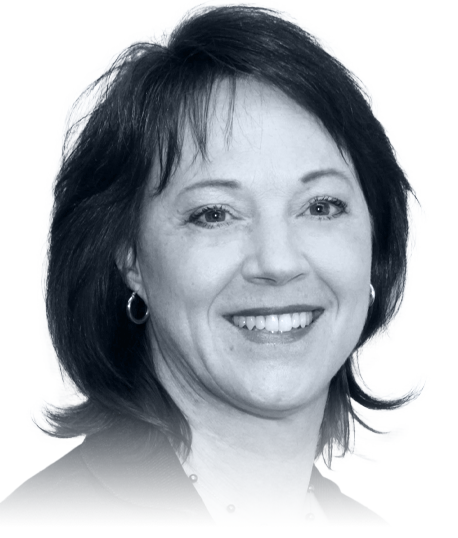
Karae Lisle
Karae Lisle has more than 20 years of leadership experience in both the private and non-profit sectors, and currently serves as the CEO of Vista Center for the Blind and Visually Impaired. Early on, Karae worked in the tech sector, beginning with a sales support role at Burroughs Corporation, progressing through client-facing and revenue generating roles, to executive management in a variety of early-stage software firms. Moving to California in 1998 to work for Oracle’s inaugural CRM initiative, she later founded a boutique strategy consulting firm serving tech start-ups. Karae went on to join Shelter Network as CEO in 2011, and spearheaded the merger between nonprofits, InnVision and Shelter Network, (now LifeMoves, $20M budget) which created the largest provider of homeless shelter and services for Silicon Valley, providing 1000 beds (nightly) to individuals, families, veterans.
Including her role on the Vista Center Board of Directors, Karae’s community engagement includes serving on the boards of the Harvard Business School No. Calif. Alumni Association, and as the Chair of Mercado Global, a nonprofit serving indigenous Guatemalan women. She served as an Adjunct Professor at the University of San Francisco, and San Jose State in the MBA, MS, and undergraduate programs from 2000 to 2010. Karae attended Stanford Business School Nonprofit Executive program and holds an MBA from the Harvard Business School, after receiving a BS in Management Information Systems from Florida State University.
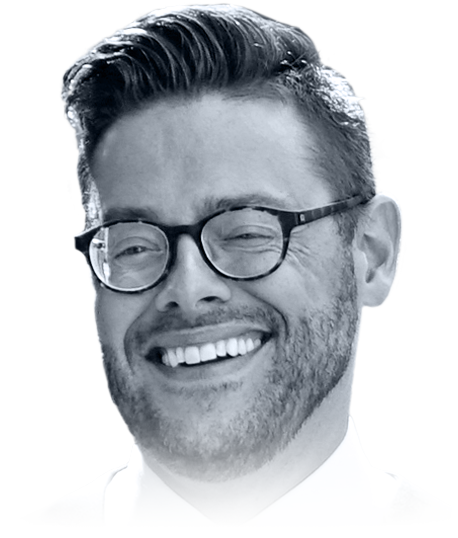
Josh Loebner
Dr. Josh Loebner was one of the first to focus on advertising and disability and continues that leadership as Global Head of Inclusive Design for VML, a WPP company. He is a shining example of the power of inclusion creating real change by innovating with some of the biggest global brands to embed accessibility in new ways. His work follows other incredible achievements. He was recognized as the American Advertising Federation Mosaic Champion of the Year, 2024, and this year became the first blind Cannes Lions juror, and alongside colleagues and the client, won the Innovation Lions Grand Prix in 2023. Josh was among the Adweek Creative 100 for 2023, as an agency leader paving the way forward, and has been named one of the honorees of the Diversability D-30 list, which recognizes the unique accomplishments of the most impactful members of the disabled community worldwide. He received his PhD from Clemson University, where his research centered on greater disability inclusion in marketing. He is fully blind in one eye, legally blind in the other, and clearly sees the best in everyone.
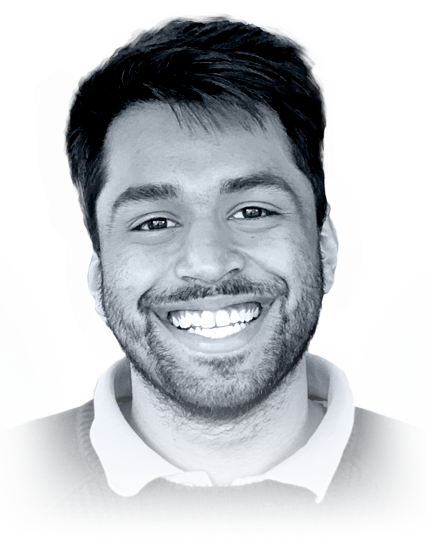
Karthik Mahadevan
Karthik Mahadevan is the Founder and CEO of Envision. He leads the product and strategy at Envision. Coming from a lifelong passion, education and career in the field of deisgn, Karthik cares meticulously about the details of products created at Envision and their role in improving the lives of people who need them the most.
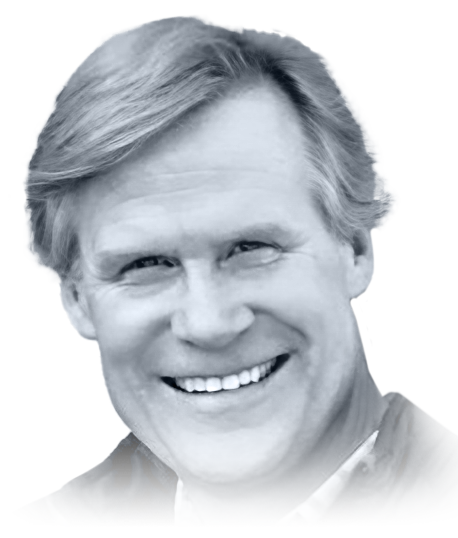
Chris Maher
Chris Maher is a seasoned CEO, advisor, and board member with a proven track record of building venture capital funded companies. Chris has 25 years of experience across diverse sectors of the digital economy including SaaS, AdTech, MarTech, consumer research, and data businesses. Over the years, Chris has developed extensive operational expertise across sales, marketing, people management, product, finance and strategic planning. In addition, he has considerable experience in raising capital and M&A work.
Previously, Chris spent a decade coaching Division I college basketball at several schools including Boston College, Dartmouth College, and Brown University. A coach at heart, Chris has spent the past 30+ years building, mentoring, and leading teams.
The impetus for starting Samaritan Partners is anchored in Chris’ broad entrepreneurial background and a passionate desire to help those in need or that are facing adversity. Chris and his wife have raised two beautiful daughters, both of whom live with physical or developmental disabilities. This led the family to get deeply involved with their local school district and community organizations that offer services to enhance the lives of children with disabilities. They have also supported several other family members and close friends navigating life-altering challenges and therefore have dedicated time to raising money and volunteering for various nonprofit organizations.

Roberto Manduchi
Roberto Manduchi is a Professor of Computer Science and Engineering at UC Santa Cruz, where he leads research projects on access technology for people who are blind or have low vision. His research is supported by grants from the NIH and the NSF.
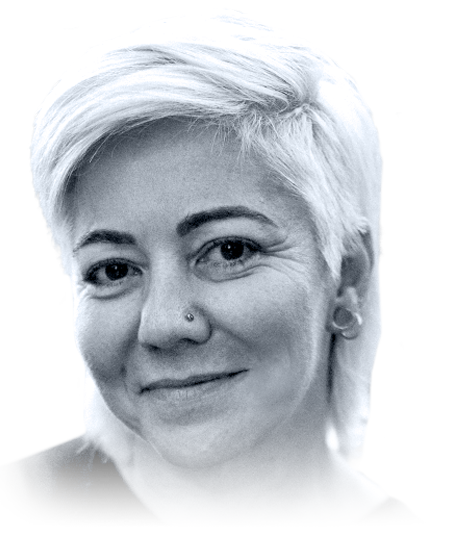
Sarah Mark
Sarah Mark is the Program Director of Workforce Navigators in the Office of Accessibility at Salesforce. Sarah leads a multidisciplinary team whose mission is to influence every aspect of the job seeker’s journey, from training through job placement, to increase access, inclusion, and equity in the Salesforce ecosystem. Her career journey includes many years in community-based service organizations, and she has a passion for developing and growing partnerships to close the tech equity gap.
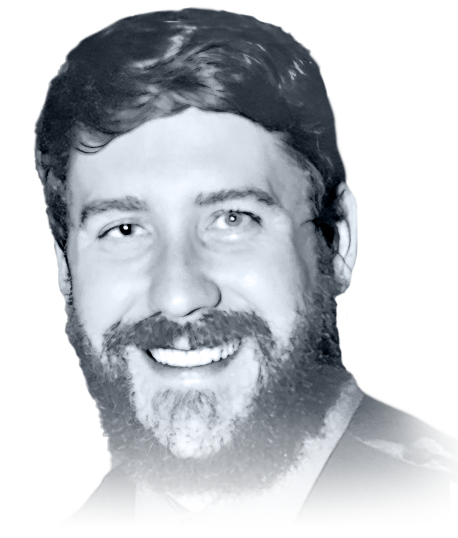
Jason Martin
Jason Martin is a Technical Innovations Product Manager with the American Printing House for the Blind and is currently closely working with the Monarch Tactile Display. Jason previously toured the southeast as a trainer with the Center for Assistive Technology Training with the Alabama Institute for Deaf and Blind and prior served seven years as the Statewide Assistive Technology Specialist for the Blind for the Alabama Department of Rehabilitation Services. Jason is a native of Talladega, Alabama and was the third generation of his family to attend the Alabama School for the Blind. Jason later taught Assistive Technology to low vision, Blind, and Deaf-blind students at the Alabama Institute for Deaf and Blind. Jason holds a bachelor of the arts in Radio, Television, and Film from Auburn University, a master’s degree in special education and visual impairments from the University of Alabama Birmingham, and is currently working on a Doctorate of Education at Auburn University Montgomery. He is a certified Teacher of the Visually Impaired and is the first Certified Assistive Technology Instructional Specialist in the state of Alabama. Jason credits much of his work in the field of blindness to his father who is totally blind, and his mother who was visually impaired. In 2017 he was awarded Advocate of the Year by the Montgomery Area Committee on the Employment of People with Disabilities. Jason is a graduate of the American Foundation for the Blind’s Centennial Leadership Cohort and served as a mentor in the following 22-23 BLDP Cohort. He is a nationally known speaker in the field of Assistive Technology, Transition, and STEM programs for students with visual impairments. Jason is married to his lovely wife, Shelby, has four incredible kids, and perhaps too many standard poodles.

Amos Miller
Amos Miller is the founder of Glidance, a startup developing a self-driving mobility aid. Formerly, he was a Product Strategist at Microsoft AI and Research where he drove a program that sought to understand and invent accessibility in the world where artificial intelligent agents and mixed reality are primary forms of interaction. As the co-founder of Microsoft Soundscape, Amos demonstrated how the value of working with design constraints in support of mobility and independence for the blind and low vision community has resulted not only in the paradigm shifting product that is Soundscape, but how those very same innovations in audio now open up new experiences and possibilities for everyone.
Amos has a B.Sc. in Computer Science and an MBA from London Business School and enjoys a rewarding career seeking to harness the power of technology to change the world for the better.
Previously, as the director for Microsoft’s Digital Advisory Service in the UK and later in Asia Pacific and Japan, he led a program that helped Microsoft enterprise customers accelerate towards their business goals by helping them innovate and drive business value from advancements in technology.
Amos has served as president of Guide Dogs Singapore and chairman of the board for Guide Dogs for the Blind in the UK where he aligned Guide Dogs to become a multi-service, user centric charity.
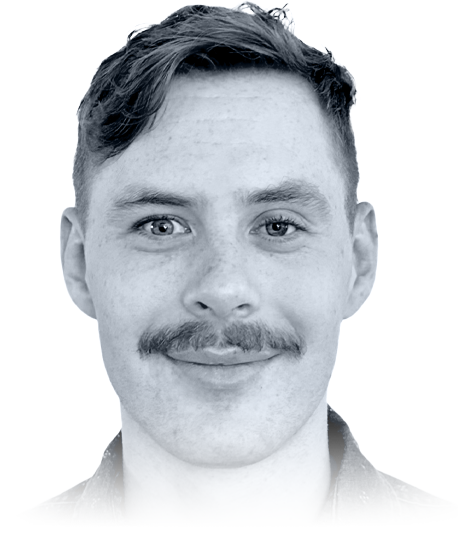
Ross Minor
Ross Minor is a blind accessibility consultant and content creator specializing in gaming who has been working in the industry for over 5 years. He has been responsible for collaborating with game development studios such as Ubisoft, Interior Night, and EAGames on accessibility and has consulted for games including Sea of Thieves, As Dusk Falls, Madden and many more. He has a Youtube channel and Twitch where he has created over 200 videos with the goal to educate people about accessible video games and tech. Ross is also an audio describer and has described content for Netflix and a variety of Youtube channels.
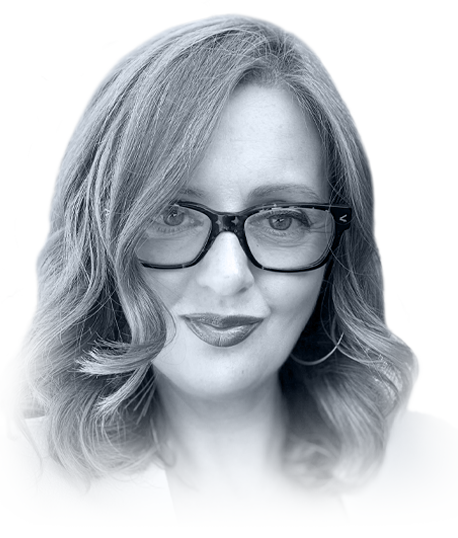
Anat Nulman
Anat Nulman is a seasoned leader in assistive technology, specializing for over 11 years in solutions for the visually impaired. She founded assistive.consulting in 2023, where she brings expertise in business development, go-to-market strategy, sales, and product management to assistive tech companies. Previously with OrCam and RealThing Ai, Anat drove market strategies and was instrumental in the launch of pioneering products. Her current clients, including Envision, Orbit Research, WeWALK, BlindShell, and Lighthouse Tech, span diverse areas like mobility, smart glasses, Braille, and accessible telecommunications. Anat is dedicated to advancing technology as an equalizer and serves as both an advocate and ally for individuals with disabilities.
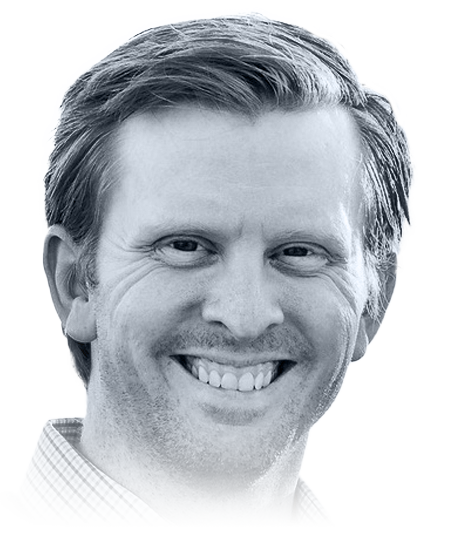
Ben Ogilvie
Ben leads accessibility at ArcTouch, a WPP company, and helps Fortune 500 businesses, well-known brands, and influential startups create inclusive, accessible and lovable experiences for phones, tablets, and smart things that connect deeply with customers. He serves on the Board of Directors of the Global Accessibility Awareness Day (GAAD) Foundation, and is a co-organizer of the A11yNYC Meetup group, one of the largest and longest-running accessibility meetups in the world. Ben is driven by a personal and professional passion to change the way creative agencies partner with organizations to prioritize and sustain disability inclusion throughout every stage of the product design and development lifecycle.

Troy Otillio
Troy Otillio is a Chief Executive Officer at Aira. Mr. Otillio is a noted technology leader and entrepreneur whose lengthy experience in the industry has included managing successful startups and spearheading the first enterprise-scale adoption of AWS infrastructure at Intuit, Inc., At Aira, Troy focuses on scaling Aira’s business functions, including marketing, sales, engineering and agent services. He is also actively seeking talent and collaborators in the areas of AI, NLP, IoT, Marketing, QA, and Security. Troy is an initial investor and Advisor with Aira with a tenure stretching back to the inception of the company. With over 25 years of experience, Otillio is a software product and technology entrepreneur having particular expertise in early-stage successful startups (including Ariba and Documentum), and large high-tech enterprises such as Intuit, where he served as Director of Public Cloud in the company´s Central Technology organization. Otillio, who earned his degree in computer science from California Polytechnic State University-San Luis Obispo and holds four patents in technology, also served as Executive in Residence at Plug and Play Tech Center, a Silicon Valley-based accelerator specializing in emerging tech startups.

Dhaval Patel
Having formerly managed a division at Apple for iPhone, Watch and Airpods – Dhaval Patel is an engineer, a keynote speaker and an Individual of Extraordinary Ability as accredited by the US government with over 37 patents in sensing & haptics. Dhaval is the Founder & CEO of Lotus – who’s mission is to build technology that is useful to everyone by optimizing for disability first. To that end, Lotus has built a wearable Ring that controls objects at home by pointing.
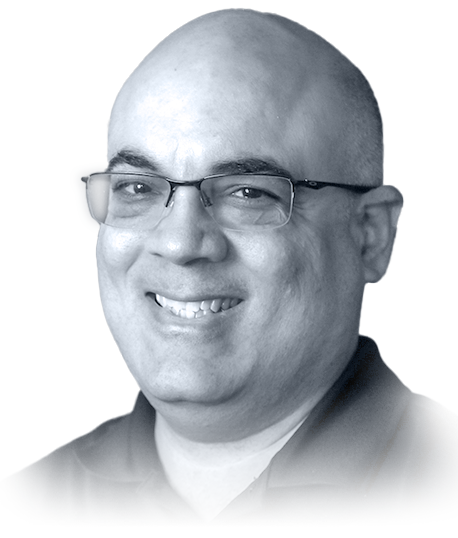
Luis Perez
As the Disability & Digital Inclusion Lead for CAST, Luis promotes the creation, delivery and use of high quality accessible educational materials, technologies and experiences to support equitable learning and employment opportunities for everyone. Luis is embedded with the Postsecondary and Workforce Development group at CAST that works to increase access to middle- and high-income careers for populations underrepresented in the workforce, including people with disabilities. Luis’s perspective is informed by his own lived experience as a person with a disability and multilingual learner. He was recognized with an International Society for Technology in Education (ISTE) Making It Happen! Award in 2020, and other recognitions include Apple Distinguished Educator (2009) and Google Certified Innovator (2014). He has published three books on accessibility, mobile learning, and UDL: Mobile Learning for All(Corwin Press), Dive into UDL (ISTE) and Learning on the Go (CAST Publishing). He currently serves as a Transition and Workplace Accessibility strand advisor for the Assistive Technology Industry Association (ATIA).
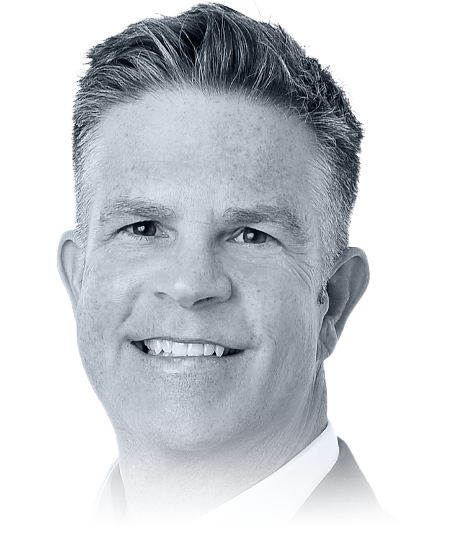
Mark Pound
Mark Pound is the Chief Executive Officer of CurbCutOS, a digital accessibility company focused on providing solutions that deliver transformational user experiences. Mark and his team at CurbCutOS are committed to changing the digital accessibility narrative from being focused on compliance to empowerment and unlocking a market opportunity that benefits company stakeholders and end-users alike.
Between living with multiple invisible disabilities to having over 20 years of experience as a serial entrepreneur, Mark is known for overcoming obstacles. He has become distinguished in commercializing innovative problem-solving solutions that cause paradigm shifts and achieve objectives with lasting impact. With his expertise, Mark has been recognized for instituting innovative business models in multiple industries ranging from healthcare to finance and for companies such as CBS, Verizon, and the Royal Family of Dubai.
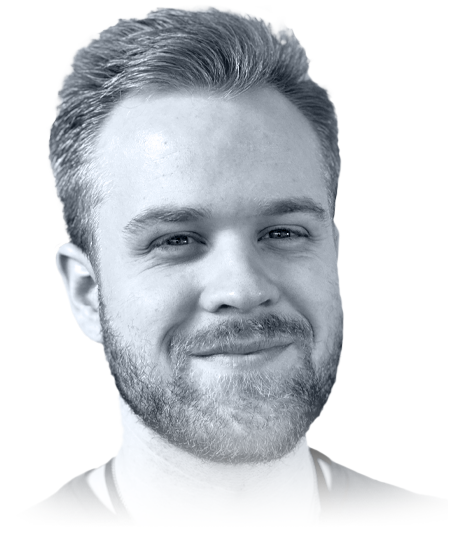
James Rath
James Rath, a YouTuber/Creator, TV show host, and accessibility consultant, was born with blindness. Through entertaining yet educational videos, James showcases accessible experiences, blending his love for travel, technology, and gaming. His consultancy work has enhanced accessibility in franchises like The Last of Us, God of War, Marvel’s Spider-Man, and VR titles such as Cosmonious High, benefiting over 285 million people with visual disabilities worldwide. James’s mission is to empower others to “SEE DIFFERENT”.
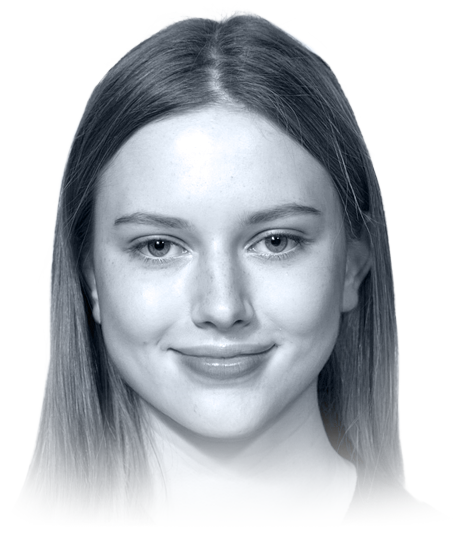
Mariella Satow
Mariella Satow, teenage entrepreneur, is the Founder of SignUp Media. SignUp is a tool that overlays sign language interpretation on movies and TV shows on Disney+ and Netflix. Created in collaboration with the Deaf community, SignUp is used as an educational tool in classrooms, with students discovering new vocabulary, sharpening receptive skills, and providing an opportunity for exposure to various language models. As well as fostering inclusion in classrooms, SignUp is used as a tool in interpreter teaching programs and is being licensed by other streamers to provide equal access. SignUp gives media accessibility to entertainment for a community poorly served by big media. 432 million people (5%) worldwide are Deaf or Hard of Hearing. SignUp was originally launched in the US and is now available in the UK, India, and Canada. Originally funded with money made from dog walking, Mariella raised a $1M seed round and is a current undergraduate at Stanford.
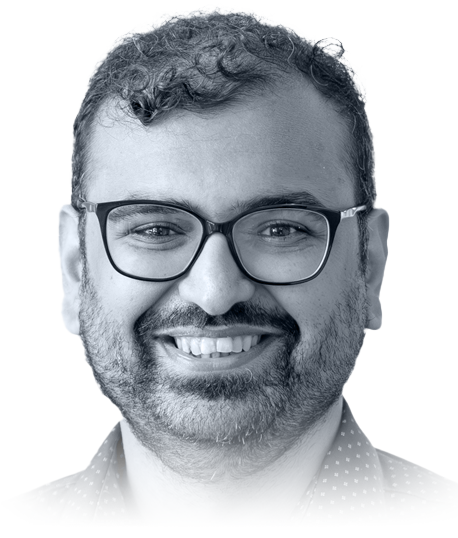
Arvind Satyanarayan
Arvind Satyanarayan is Associate Professor of Computer Science at MIT, and a member of the Computer Science and Artificial Intelligence Laboratory (CSAIL). He leads the MIT Visualization Group, which uses visualization as a lens to explore how software systems can enhance our cognition while respecting our agency. Visualization systems he has helped develop are widely used in industry (including at Apple, Google, Microsoft, and Netflix), on Wikipedia, and by the Jupyter/Python data science communities. His work has also been recognized with an IEEE VGTC Significant New Researcher award, an NSF CAREER and Google Research Scholar award, a Kavli fellowship, best paper awards at academic venues (e.g., ACM CHI and IEEE VIS), and honorable mentions amongst practitioners (e.g., Kantar’s Information is Beautiful Awards).
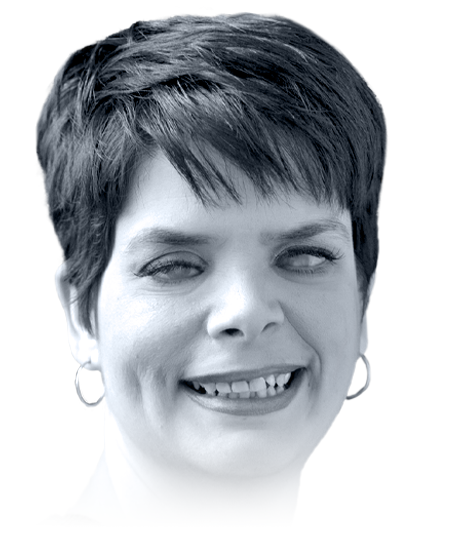
Brook Sexton
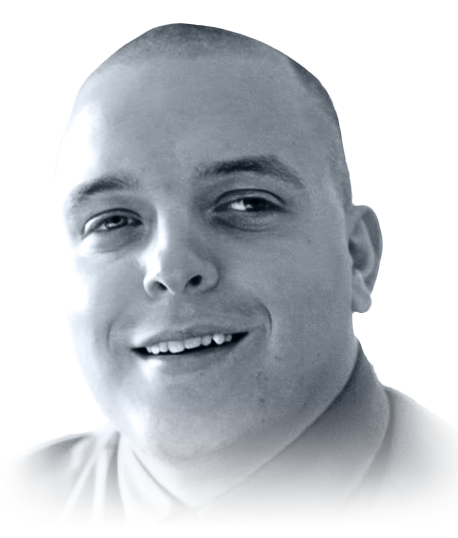
Kyle Shachmut
Kyle Shachmut is the Senior Director of Digital Accessibility at Harvard University, providing strategic direction to digital accessibility efforts across Harvard’s schools. He works as a leader at the intersections of information technology, disability inclusion and academic administration. He led creation of Harvard’s Digital Accessibility Services team and collaborates with institutional leaders to govern the University’s Digital Accessibility Policy. Previously, he catalyzed a universal design approach integrating accessibility into at-scale learning experiences through HarvardX–Harvard’s initiative creating non-degree, online courses. Beyond Harvard, Kyle is co-chair of the EDUCAUSE IT Accessibility Community Group, the largest affinity group for accessibility professionals in higher education. Kyle integrates academic research, executive leadership, personal experience and storytelling as he frequently speaks, consults and writes about matters related to digital accessibility, public policy, technology in education, universal design and more.
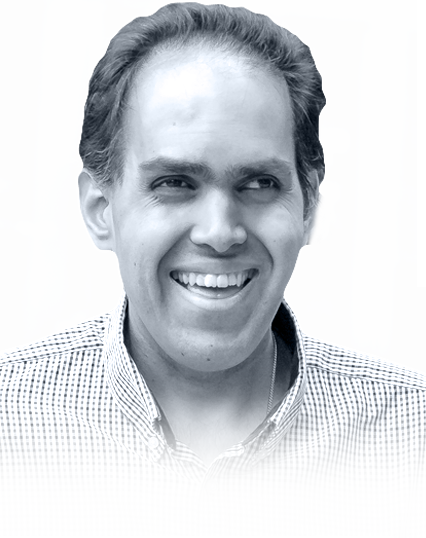
Saqib Shaikh
At Microsoft, Saqib Shaikh leads teams of engineers to blend emerging technologies with natural user experiences to empower people with disabilities to achieve more – and thus to create a more inclusive world for all.
His latest project, Seeing AI, enables someone who is visually impaired to hold up their phone, and hear more about the text, people, and objects in their surroundings. It has won multiple awards, and been called “life changing” by users. Shaikh has demonstrated his work to the UK Prime Minister, and to the House of Lords. The video of the original prototype has been viewed over three million times.
Shaikh holds a BSc in Computer Science (graduating top of his class), and an MSc in Artificial Intelligence. He has been recognized by the British Computer Society as the Young IT Practitioner of the Year.
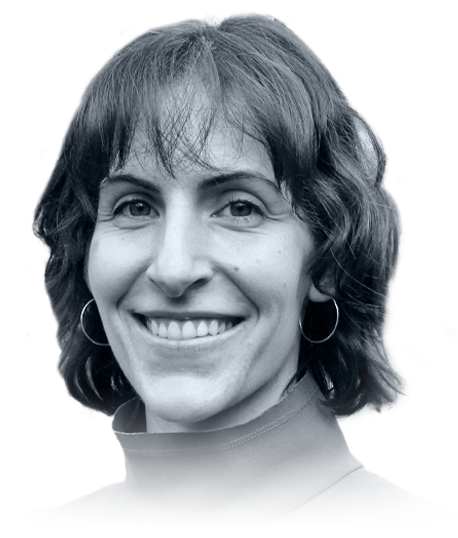
Natalie Shearer
Prompted by her own experiences with Usher Syndrome – a form of deafblindness – and expertise in Educational Technology, Natalie spent four years operating an accessibility consulting firm prior to joining Lotus as Head of Accessibility. She’s a Certified Professional in Accessibility Core Competencies (CPACC), through the International Association of Accessibility Professionals (IAAP), and leads the Lotus team in their efforts to stay true to their disability-led mission.

Mike Shebanek
Mike Shebanek has held product leadership roles at tech giants Apple, Yahoo, Facebook (Meta), and Be My Eyes in a technology career spanning more than 30 years. He was the product manager for the original iMac and iPad and led the creation of the VoiceOver screenreader and other accessibility features now found in every Mac, iPad and iPhone. Mike has been head of Accessibility at Apple, Yahoo, Verizon Media, and Meta. As of October 2024, he joined Be My Eyes as Product and Market Strategist, focusing on growing partnerships and developing accessible workplace solutions. Mike was instrumental in founding several pioneering industry-wide accessibility initiatives including Teach Access, the Disability Collection, and XR Access. He holds several technology patents, is an author, guest speaker, and has served as Vice-Chair on the Board of Directors at the LightHouse for the Blind in San Francisco.
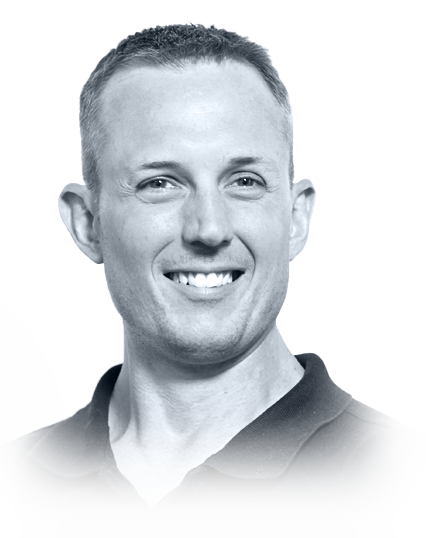
Greg Stilson
Greg Stilson joined The American Printing House for the Blind (APH) in January of 2020 but has been building technology solutions for those who are blind or low vision for the past 15 years. While at HumanWare, a leading assistive technology manufacturer, Greg lead the development of such products as the BrailleNote Touch braille tablet, Trekker Breeze talking GPS device, Brailliant braille displays, and VictorReader accessible audio book devices, among others. He spent two years with a startup company Aira, developing the Aira app and smart glasses platform, to create on-demand visual information. This year he joined APH to further develop access solutions for students in the classroom or virtually learning. When not working, Greg lives in Madison WI with his wife and two children. He is a huge sports fan, and loves wine making and home brewing.
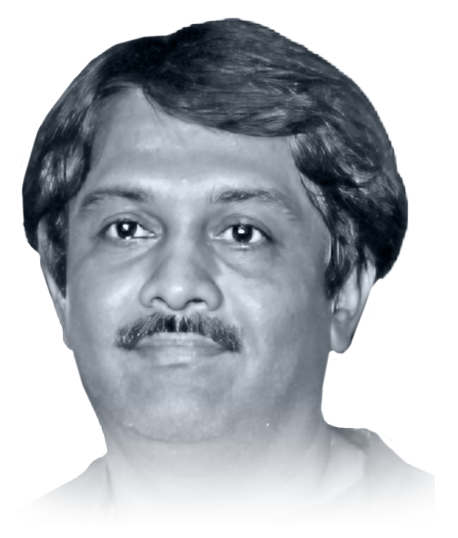
Arvind Sundaram
Arvind Sundaram is Senior Principal engineer in Intel’s Client Compute Group. Arvind’s focus is on developing innovative system technologies in gaming in notebook and desktop form factors, sustainable design methodologies, new display technologies, very high-speed optical communications, system integration technologies, new sensors, ultra-thin form factors, high frequency power conversion topologies and high-volume manufacturability.
Arvind has been in the industry for well over 25 years and has worked in FMCG, Defense, Way side equipment and transportation, Communications, network and servers and in the consumer electronics industries. He has worked for giants in the industry like Samsung, GE, Toshiba, Dell, Cisco and Intel. Currently he is based in Bangalore, India.
Arvind has more than 70+ patents (issued and pending) in areas of system design, sensors, displays and high-speed connectivity solutions. Arvind holds a master’s in technology degree from IIT (Indian Institute of Technology) Delhi.
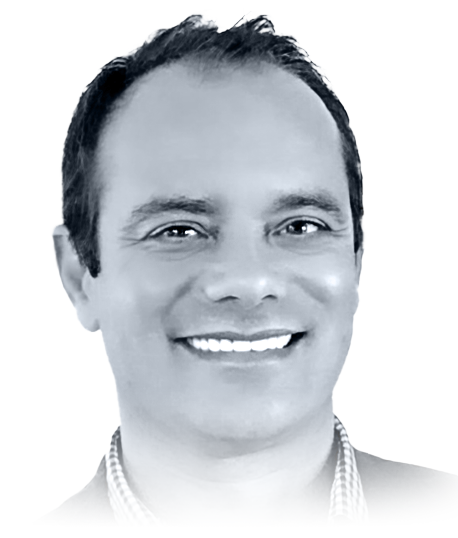
Jonathan Thurston
Jonathan Thurston is a passionate advocate and seasoned leader in accessibility and inclusion. With over a decade of experience, Jonathan has held pivotal roles at industry giants like Walmart, G3ict, Pearson, and Atlassian, where he developed and scaled groundbreaking accessibility initiatives. Now, as the CEO of infinite Access, he’s leveraging his deep knowledge and personal insights, shaped partly by his own experiences with ADHD, to redefine accessibility in the digital age. Jonathan is also actively engaged in community work, serving on advisory councils for organizations like Workday and Disability:IN, while collaborating with impactful partners like the World Institute on Disability. Known for his fun and approachable style, Jonathan’s dynamic blend of expertise and advocacy makes him a sought-after speaker and visionary leader at the intersection of tech and inclusion.
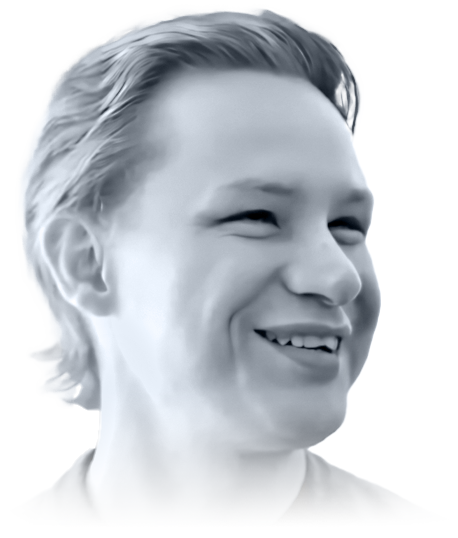
Victor Tsaran
Currently, Victor leads the accessibility program for the Google Design Platform to ensure the best accessible experience in our products for users, designers and developers. Victor also contributed to the development of Android accessibility services, such as TalkBack screen reader, Brailleback, and other accessibility initiatives and products around the company. Prior to Google Victor lead the Accessibility Teams and programs at PayPal and Yahoo! Helping to make the Internet and mobile payments usable for all. Earlier, Victor together with his wife traveled extensively teaching computers to the visually impaired users of different ages in countries of South East Asia, Middle East and Eastern Europe. In addition to his job responsibilities, Victor has a passion for jazz guitar, coffee, literature and open source software.
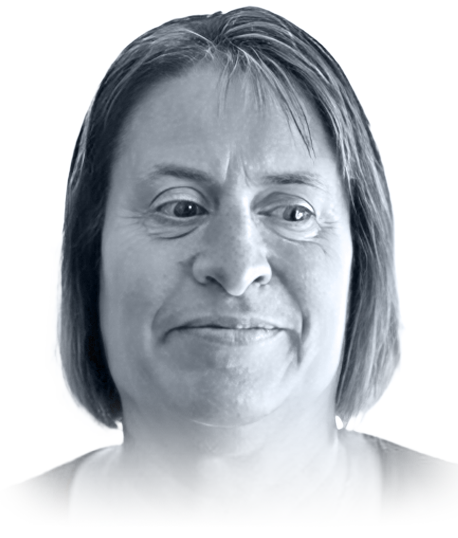
Jennifer Wenzel
Jennifer Wenzel is a Product Specialist on the Braille Tech Team at the American Printing House for the Blind (APH). She brings a wide range of career experience in blindness rehabilitation, braille proofreading, and HR to this role, as well as a lifelong love of both braille and technology. Jennifer began learning braille at the age of four, and currently uses a combination of braille and speech screen reading technology in her personal and professional life. She holds a BS in Speech Communication from the University of MN and both NCUEB Unified English Braille JAWS certifications. She Co-Chairs the National Federation of the Blind’s Employment Committee and serves on the Board of Audio Braille Literacy enhancement (ABLE).
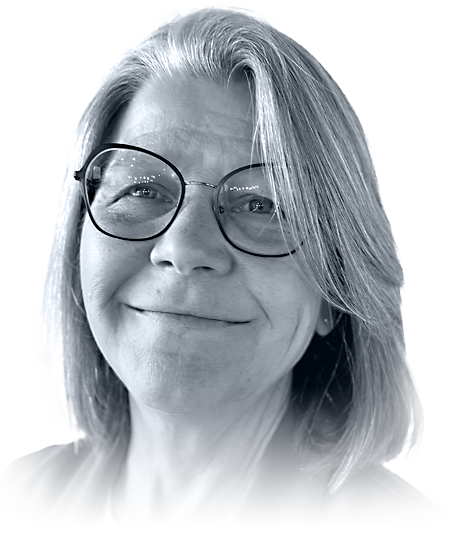
Julia Winter
Julia Winter is the CEO/Founder of Alchemie, whose mission is to transform STEM education through exploratory and accessible learning. She and her Detroit-based team are bridging the large gap in direct accessibility of digital media with thoughtful and inclusive design, guided by feedback from end-users. She has been the Principal Investigator on numerous federal grants, focused on tackling the issue of accessibility in STEM diagrams and interactives. Previously, she taught college-level chemistry for over 20 years, and earned the James Bryant Conant Award in 2016, the highest honor given to a teacher by the American Chemical Society. To experience the interactive learning tools and the accessibility systems, visit alchem.ie.
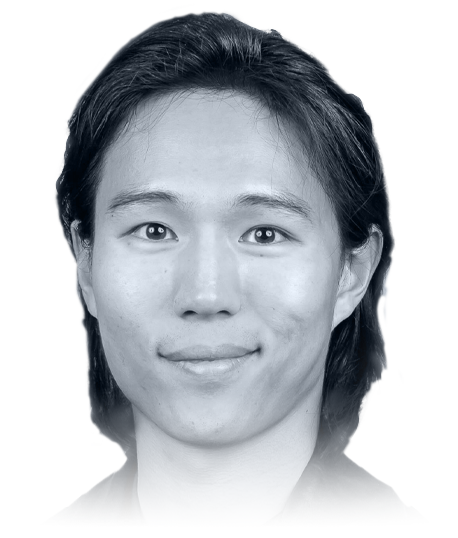
Kevin Yoo
Kevin Yoo is the CEO and Founder of Haptic, recognized globally for advancing sustainability, universal design, and technical innovation. With exhibitions at the MET and Cooper Hewitt, and awards like the Bauhaus Award and German Design Award, Yoo’s work emphasizes social impact at a global scale. He holds several patents, including the Wayband and HapticNav, pioneering technologies for tactile navigation.
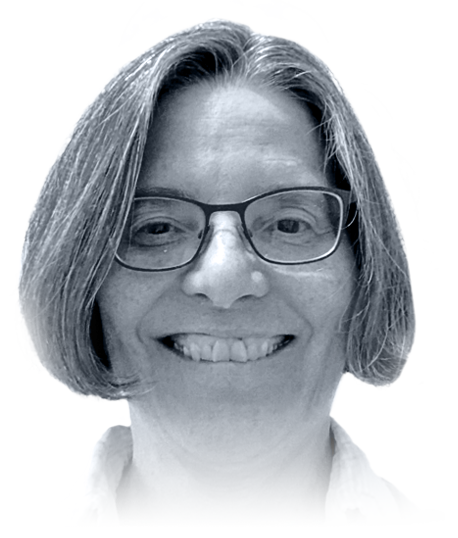
Mary J. Ziegler
Mary J. Ziegler is the program manager for online accessibility at the Massachusetts Institute of Technology (MIT) Open Learning. Previously, she led the MIT Accessibility and Usability Group and the MIT Assistive Technology Information Center. Throughout her career, Mary has been instrumental in initiatives, collaborations, and technology implementations designed to increase access for persons with disabilities.
